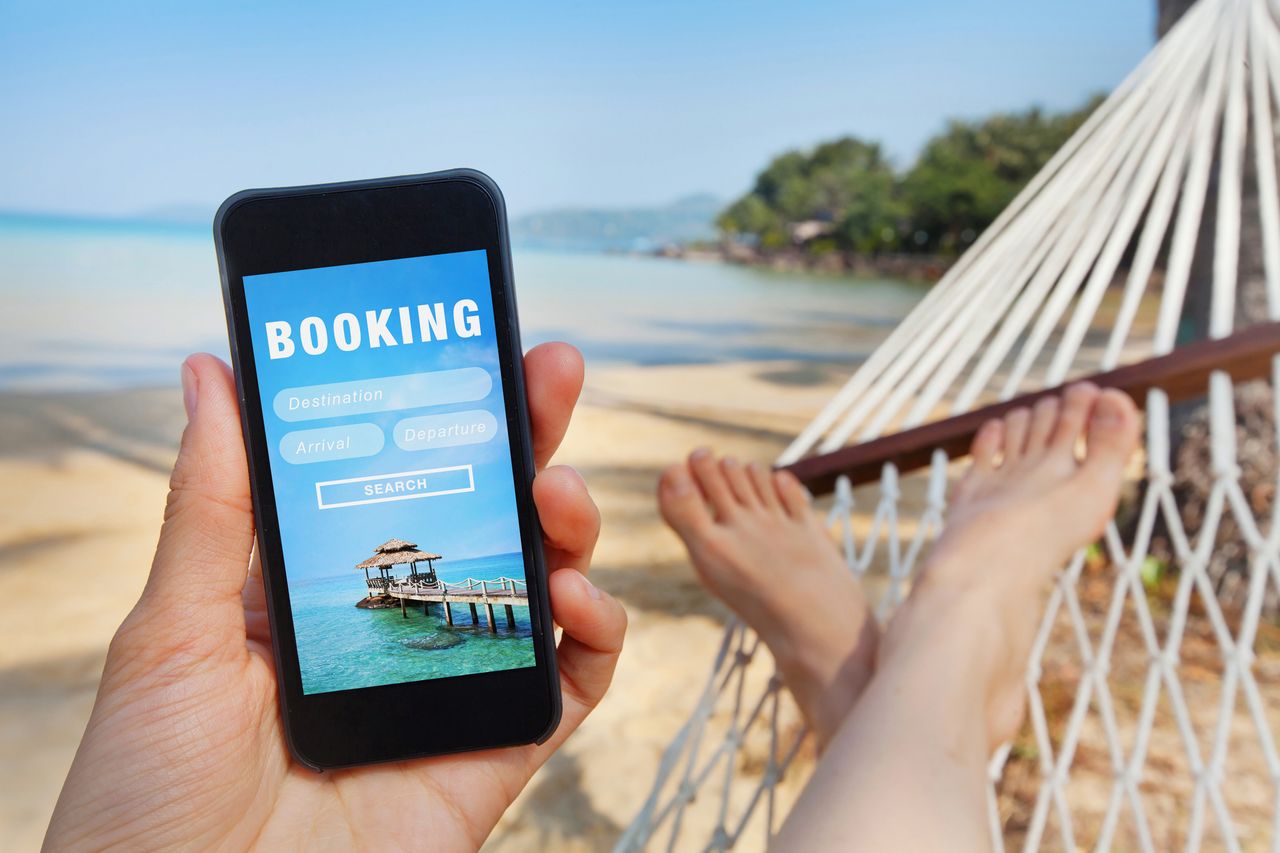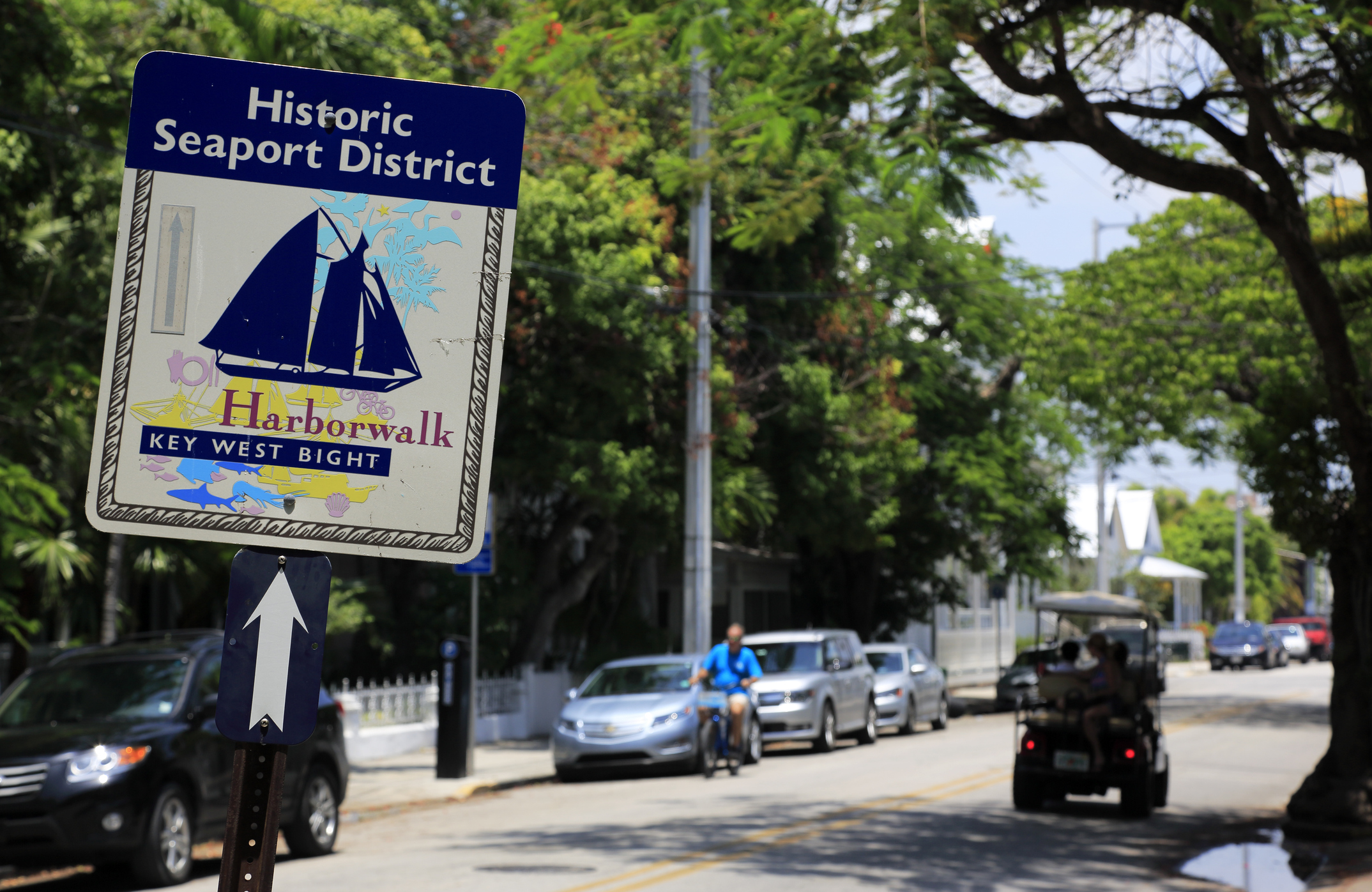
Being on vacation is one of life's greatest joys — but there's a lot of work that goes into making that vacation a success, which I was reminded of while planning a trip to Key West, Florida.
There are just so many factors to consider during the initial stage: Where should I stay, does it make more sense to rely on Ubers or rent a car, what boat tour is the best bang for your buck, and on and on. The questions never seem to end.
Some people opt to hire a travel planner to avoid dealing with the logistics, but that costs money, while researching on your own doesn't. Unfortunately, it can be a slog to sift through all the information online — which is why I thought AI may be able to help make the planning process easier and more streamlined.
So, I used ChatGPT to guide me… and the results were unexpected, to say the least.
You're probably already using AI to plot your flights
It might sound strange to use AI to plan a trip, but the reality is it's likely already part of your process, Gagan Tandon, the managing director for AI & data services at TELUS Digital Solutions, told me. If you play around with Google Flights to compare ticket prices, or sign up for alerts from Hopper to know when costs are the lowest, you're using AI, he said. These apps, and others like them, have AI features built into them.
I did try using ChatGPT to ask what the cheapest travel options are from New York to Florida, hoping it would give me airline suggestions or layover advice. Instead, it recommended I take a days-long bus ride.
No thanks. Stick to the tools that are specifically built to help you when it comes to booking transportation.
AI makes it easier to decide where you want to stay

When I asked ChatGPT where I should stay in Key West, it emphasized why I needed to be in Key West proper (access to the main tourist highlights), but also offered suggestions for quieter nearby places to stay (Sunset Key, Stock Island). I'm unfamiliar with Key West, so this was a helpful starting point.
Plus, it listed off several different hotels, broken up by experience type: It had options for a luxurious stay, a charming boutique stay, an authentic historical stay and more. These descriptors were more useful than just looking at a list of hotels on Google and helped me select my top lodging choices much more quickly. (I was immediately into the ones described as "island vibes.")
I was also surprised to learn that I could ask ChatGPT which hotels in the area had availability the weekend of my trip — as just last year, ChatGPT didn't have very up-to-date information. However, it didn't provide actual prices, so I still had to leave the site to do more research. Sigh.
AI can help develop an itinerary… but it takes time to customize it
If you type "Give me a two-day itinerary for Key West" into ChatGPT, you get some great suggestions. On my first try, it broke down my entire day by the hour, suggesting restaurants, activities and even photo spots.
But it was pretty obvious that it was giving me the most popular things in Key West. Of course it had Duval Street, the Hemingway Museum and a kayaking tour on it. This is useful if you've just started researching a place, but the ideas are pretty generic and didn't include places that are less touristy and off the beaten path. Plus, while it gave a mixture of activities — Drinks! Beaches! Museums! – it didn't necessarily feel true to the trip I personally wanted to take.
However, there is a solution for that on ChatGPT: I just needed to make my prompt more detailed. On subsequent tries, I highlighted the trip atmosphere I was seeking and gave more detailed information ("focus on water activities, include a ghost tour, build in hotel breaks, no breakfast," for example). The resulting itineraries felt way more me.
Always double check AI's information

While it is possible to use AI to get recommendations for a customized trip, you do want to be wary, Tandon warned me. ChatGPT's information isn't always accurate, and since it doesn't provide links, it's not easy to immediately fact-check it.
"The AI is pulling from the web, so maybe it saw from a Reddit thread [saying] there's a cool cave by the beach. But that cave may no longer exist, or be off-limits for tourists. You don’t want to just trust everything it tells you," he said.
So, even though I liked the trip itinerary ChatGPT built for me, I still needed to take the time to make sure everything it recommended was actually, well, real. But even adding in the fact-checking process, it still was significantly easier and faster to use AI to plan my trip.
No, AI can't do everything for you, and there are certainly customization issues, but it was an excellent starting point for my itinerary. I may be naturally wary of AI, but I have to admit: I'll probably turn to it again for the next trip. After all, aren't we all searching for ease on vacation?
Learn more about AI
- What Is AI? Artificial Intelligence 101
- How to Protect Your Privacy While Using AI
- Ways to Use AI to Improve Your Financial Life
- What Are AI Agents and What Can They Do for You?
- Have a Retirement Question? AI Can Answer That







